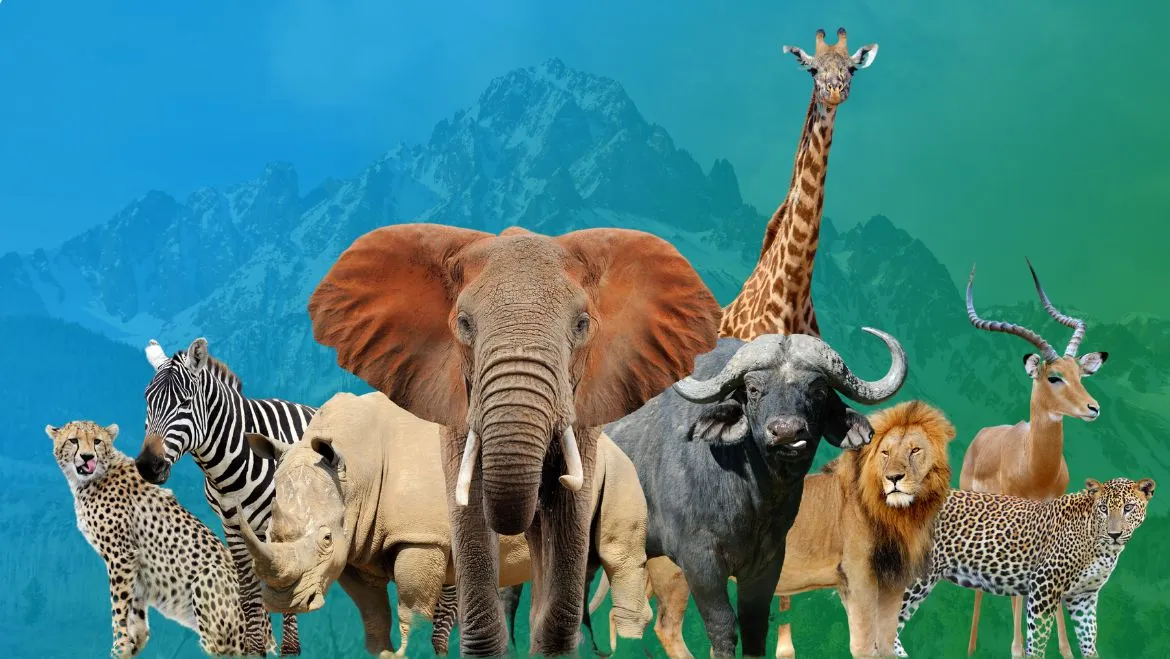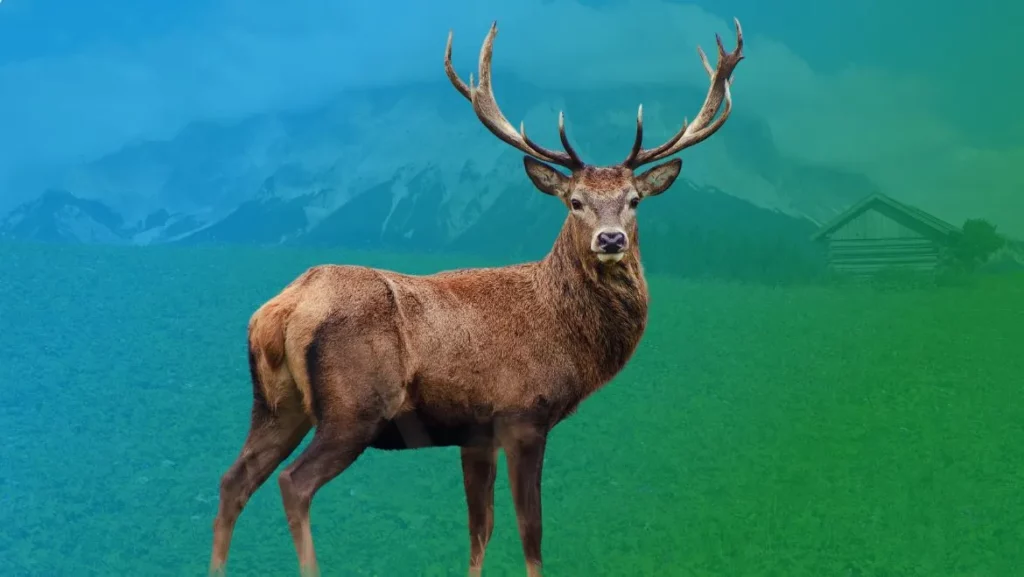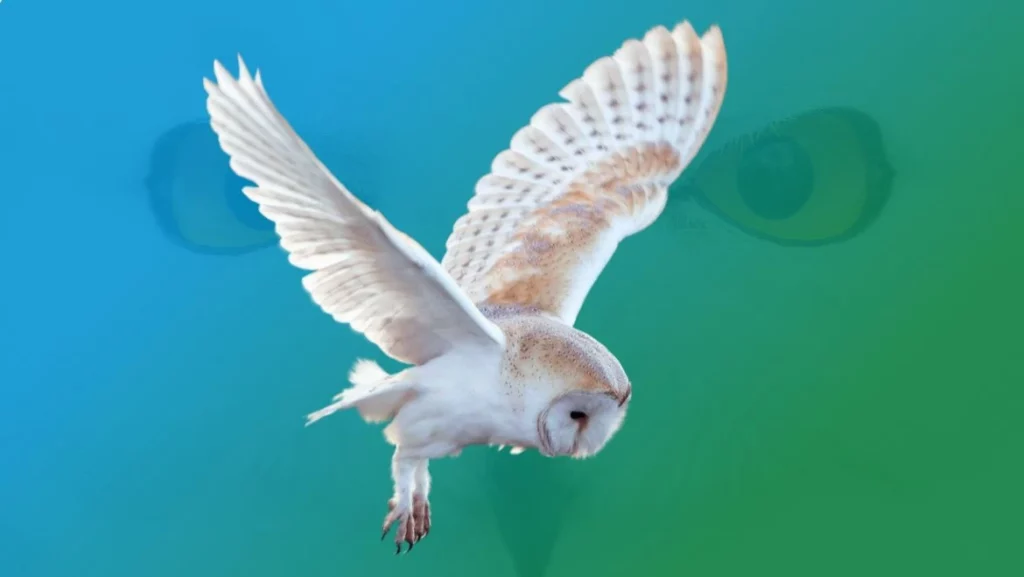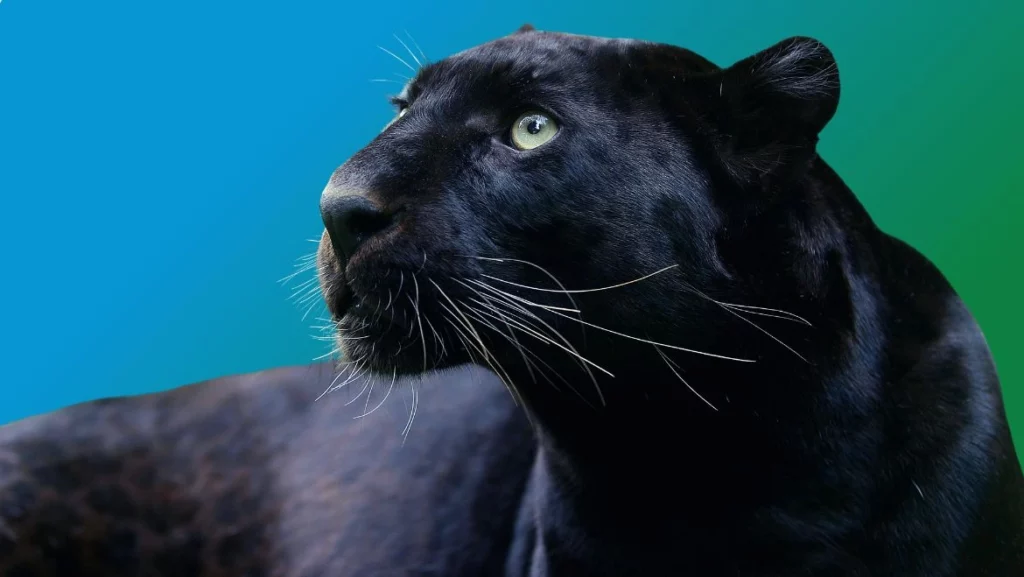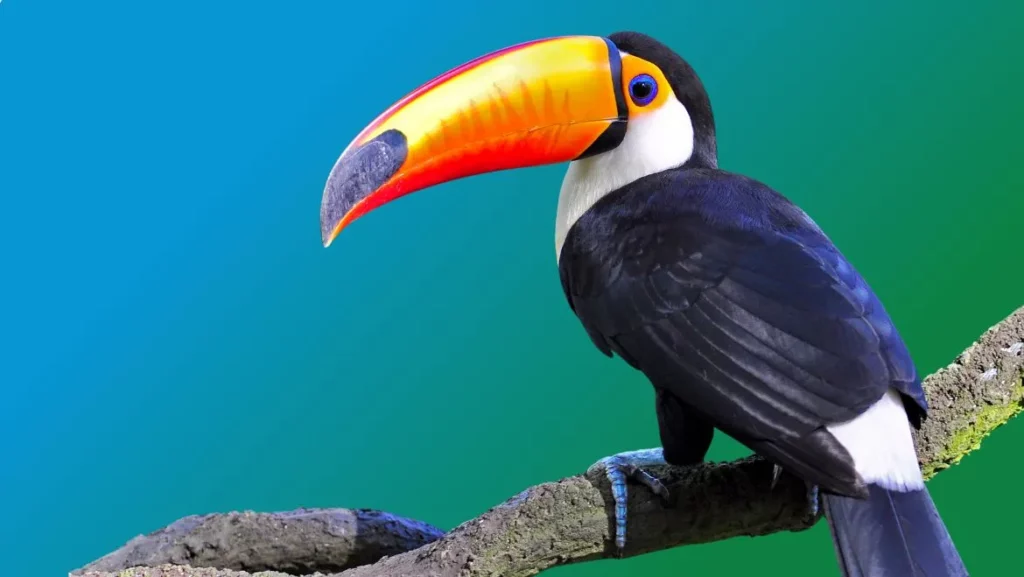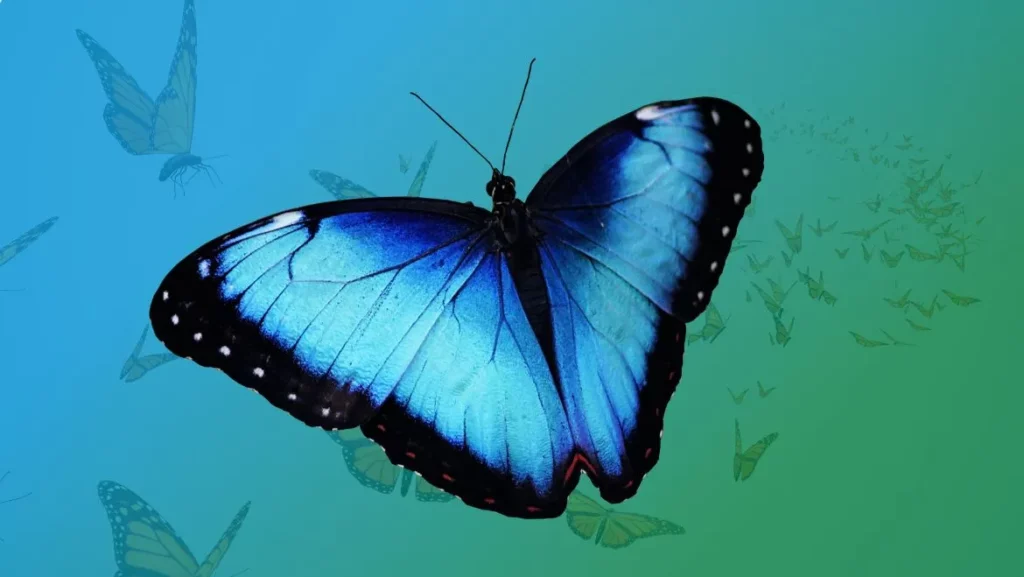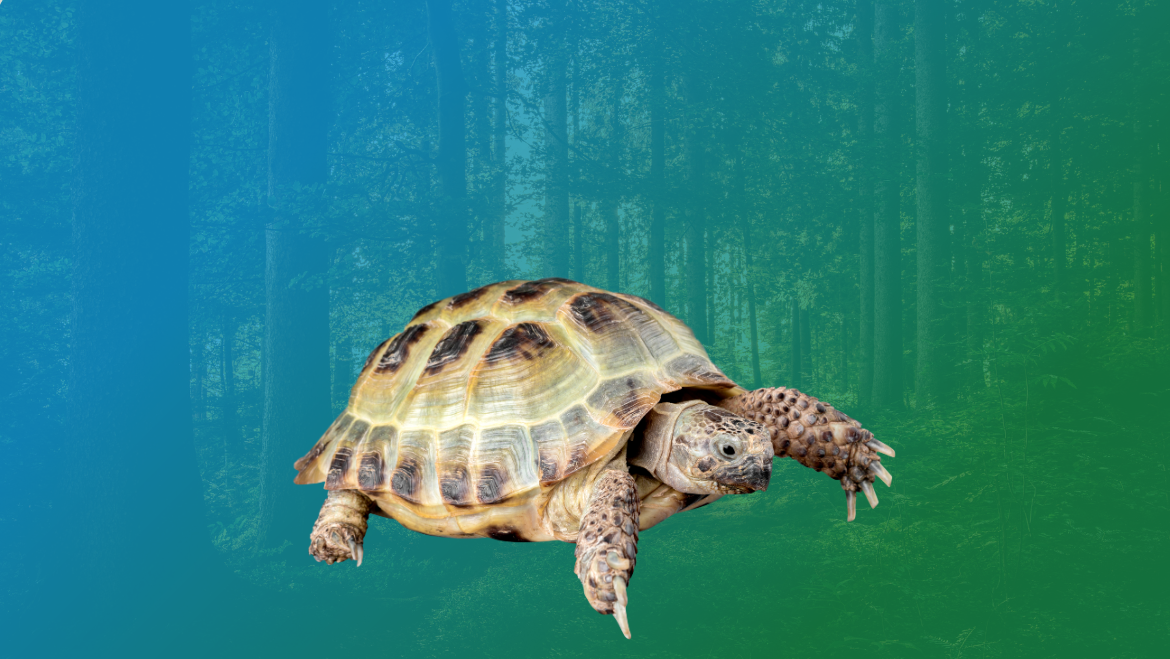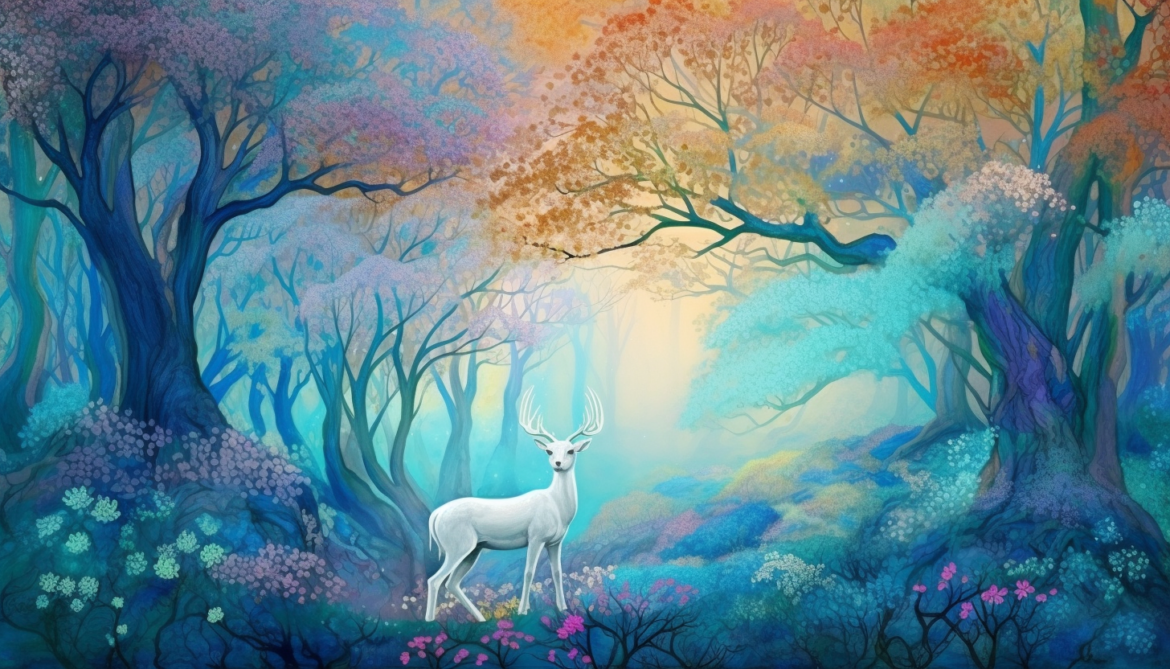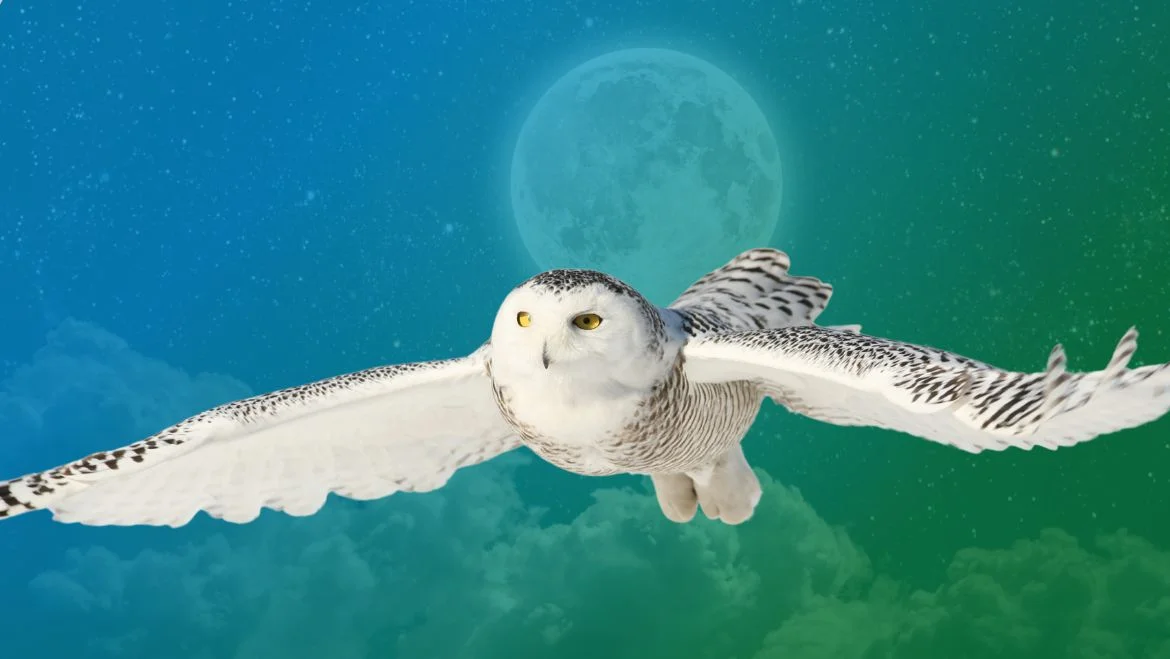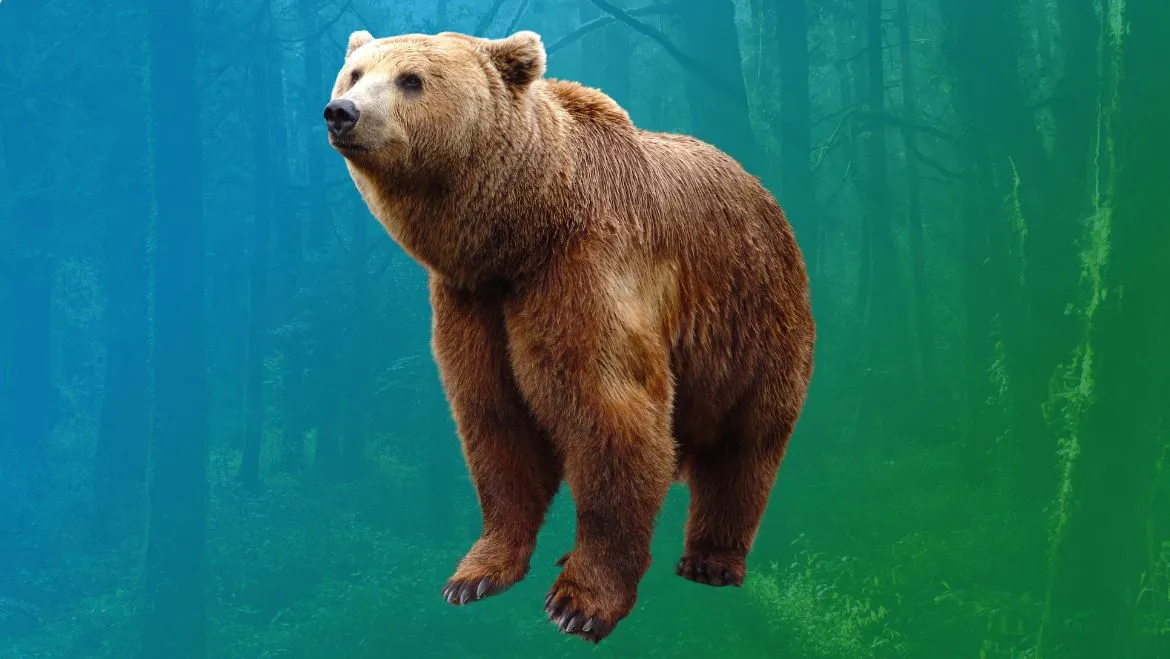In the rich tapestry of human spirituality and cultural lore, the concept of spirit animals has held a significant place, guiding, teaching, and inspiring those who feel connected to the natural world. The notion of a “best” spirit animal, however, invites us into a philosophical exploration that transcends the literal and ventures into the realm of personal growth and collective consciousness.
The Essence of Spirit Animals
At its core, the idea of a spirit animal stems from various indigenous traditions and spiritual beliefs around the globe. It symbolizes a kind of guiding spirit that takes the form of an animal, embodying specific qualities, strengths, and wisdom. These spirit guides are thought to accompany individuals through life, offering guidance, protection, and insight.
The Diversity of the Animal Kingdom
The animal kingdom is vast and varied, with each creature possessing unique traits and behaviors. From the majestic eagle soaring high with a broad perspective to the humble ant demonstrating incredible strength and teamwork, every animal has something to teach us. This diversity reflects the myriad facets of human nature and experience, suggesting that the “best” spirit animal is a deeply personal and context-dependent matter.
Traits of Good Spirit Animals
Good spirit animals are characterized by their positive attributes and virtues. They often embody qualities such as courage, wisdom, protection, healing, and intuition. For instance, the noble deer symbolizes gentleness and sensitivity, teaching us the power of grace and soft strength. The majestic eagle, soaring high in the skies, represents vision, freedom, and transcendence, encouraging us to look at life from a higher perspective
A Reflection of Personal Growth
Rather than searching for a universally “best” spirit animal, it’s more fruitful to consider which animal resonates with an individual’s current life journey. The spirit animal that one feels connected to can reveal a lot about their aspirations, challenges, and the lessons they are currently learning. As people grow and evolve, the animal that they feel a kinship with might also change, reflecting their personal development and shifting perspectives.
Spirit animals also carry collective meanings and cultural significance that transcend individual experiences. For example, the wolf, with its strong sense of community and sharp instincts, might be revered in one culture for its symbolism of unity and survival. In another, the turtle, with its slow pace and long lifespan, might symbolize wisdom and patience. These collective interpretations enrich the personal connection one might feel to their spirit animal, embedding individual experiences within a broader cultural and spiritual tapestry.
The true value of connecting with a spirit animal lies in the practical wisdom it offers. By meditating on the qualities of one’s spirit animal, individuals can find inspiration to cultivate similar traits within themselves. If one identifies with the fox, known for its cunning and adaptability, they might seek to embrace flexibility and resourcefulness in their own life challenges. This process of reflection and integration can lead to profound personal growth and a deeper connection to the natural world.
Psychological Implications of Spirit Animals
The concept of spirit animals, when viewed through the lens of psychology, particularly that of Carl Jung’s analytical psychology, takes on a profound and intriguing dimension. Jung introduced the idea of archetypes, which are innate, universal symbols residing in what he termed the collective unconscious. These archetypes represent fundamental human motifs, experiences, and emotions that transcend individual and cultural differences. Spirit animals, in this context, can be seen as one of these powerful archetypes, serving as projections of an individual’s subconscious mind and embodying traits and qualities that one might admire, aspire to, or feel a lack thereof.
The Archetypal Connection
Spirit animals as archetypes can evoke deep emotional responses and insights because they tap into the collective pool of human experiences and symbols. For example, a lion might universally symbolize courage and strength, while a butterfly could represent transformation and rebirth. When an individual identifies with a particular spirit animal, it might be because these archetypal qualities resonate with their current life situation, aspirations, or challenges.
Mirrors of the Self
From a psychological standpoint, spirit animals can act as mirrors reflecting aspects of our inner world that we are not fully conscious of. They might embody qualities we deeply admire and wish to embody ourselves or aspects we feel are lacking in our character and seek to develop. This mirroring effect can help individuals become more aware of their subconscious desires, fears, and values, facilitating a journey of self-discovery and personal growth.
The Role of Projection
Projection is a fundamental concept in psychology where an individual ascribes their feelings, thoughts, or attributes onto another person or object. In the case of spirit animals, individuals may project their ideals, aspirations, or unacknowledged parts of themselves onto these animal figures. This projection makes spirit animals not just external guides but also integral parts of one’s psyche, representing the traits and qualities one is drawn to or wrestling with internally.
The connection to a spirit animal can often emerge during times of significant personal transformation or transition. The psychological implications of this timing suggest that spirit animals can serve as catalysts for growth, helping individuals navigate through life’s changes by embodying the resilience, adaptability, or wisdom needed during such times. For instance, someone undergoing a major life change might feel a strong connection to the phoenix, symbolizing rebirth and rising from one’s ashes, which can provide psychological comfort and a metaphorical framework for their experience.
Conclusion: A Journey of Self-Discovery
In the quest for the “best” spirit animal, we find that the answer is not universal but deeply personal and ever-evolving. The spirit animal that guides and inspires an individual speaks to their current path, challenges, and the qualities they are called to develop. This philosophical journey encourages a deeper understanding of oneself and one’s place in the natural and spiritual worlds, making the question itself a catalyst for growth and discovery.

